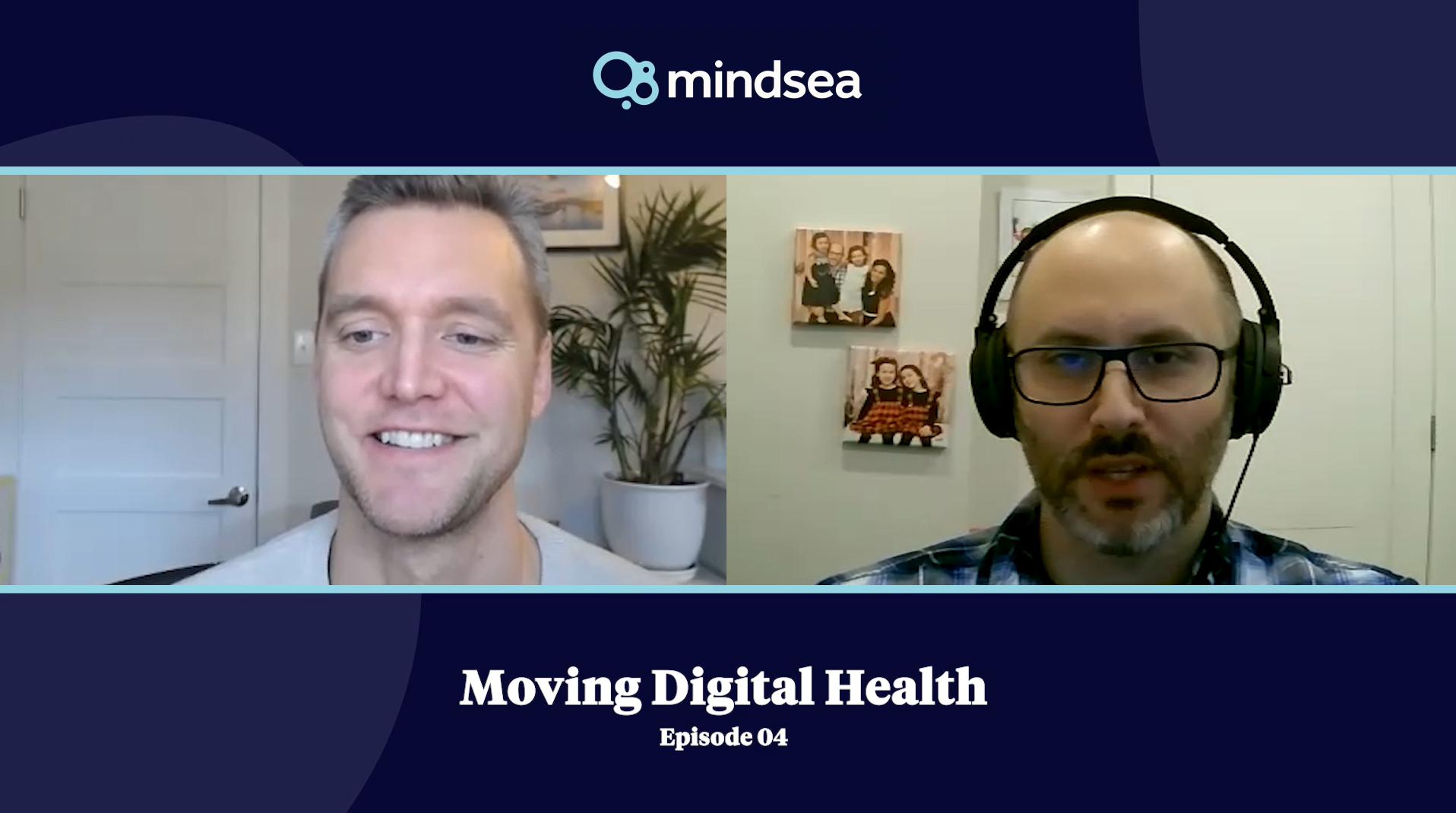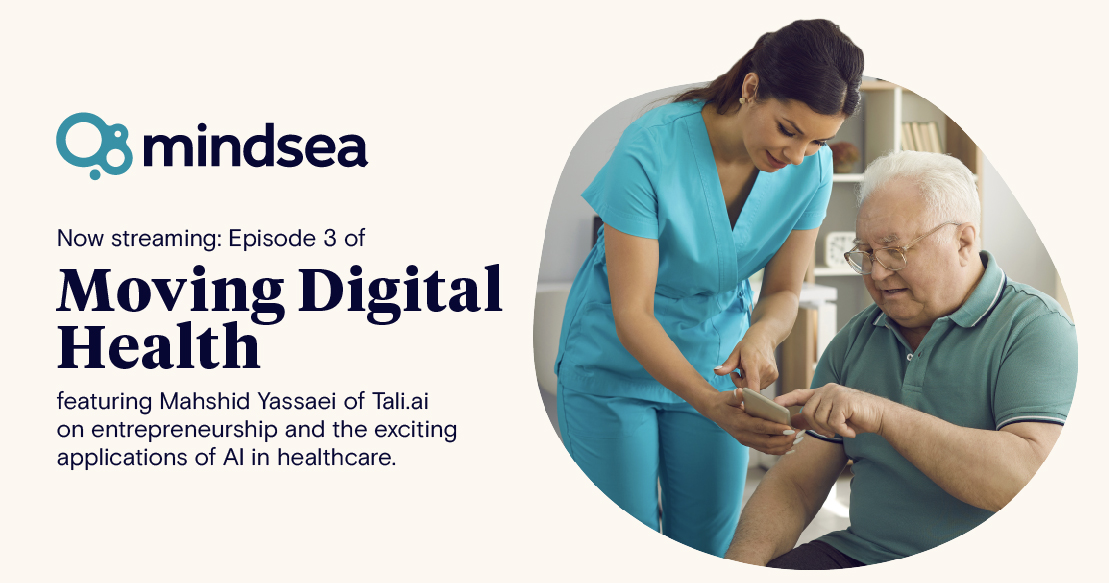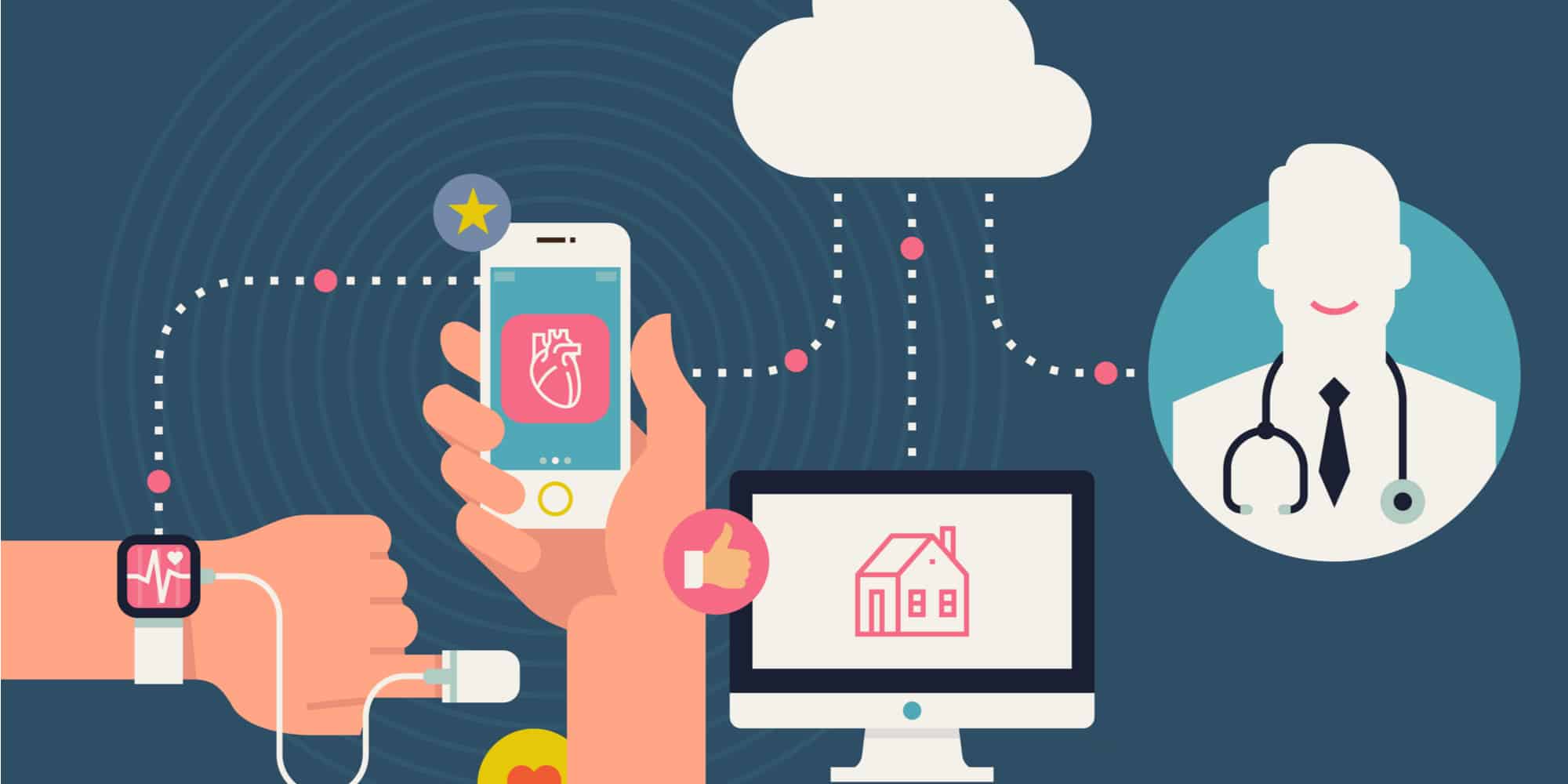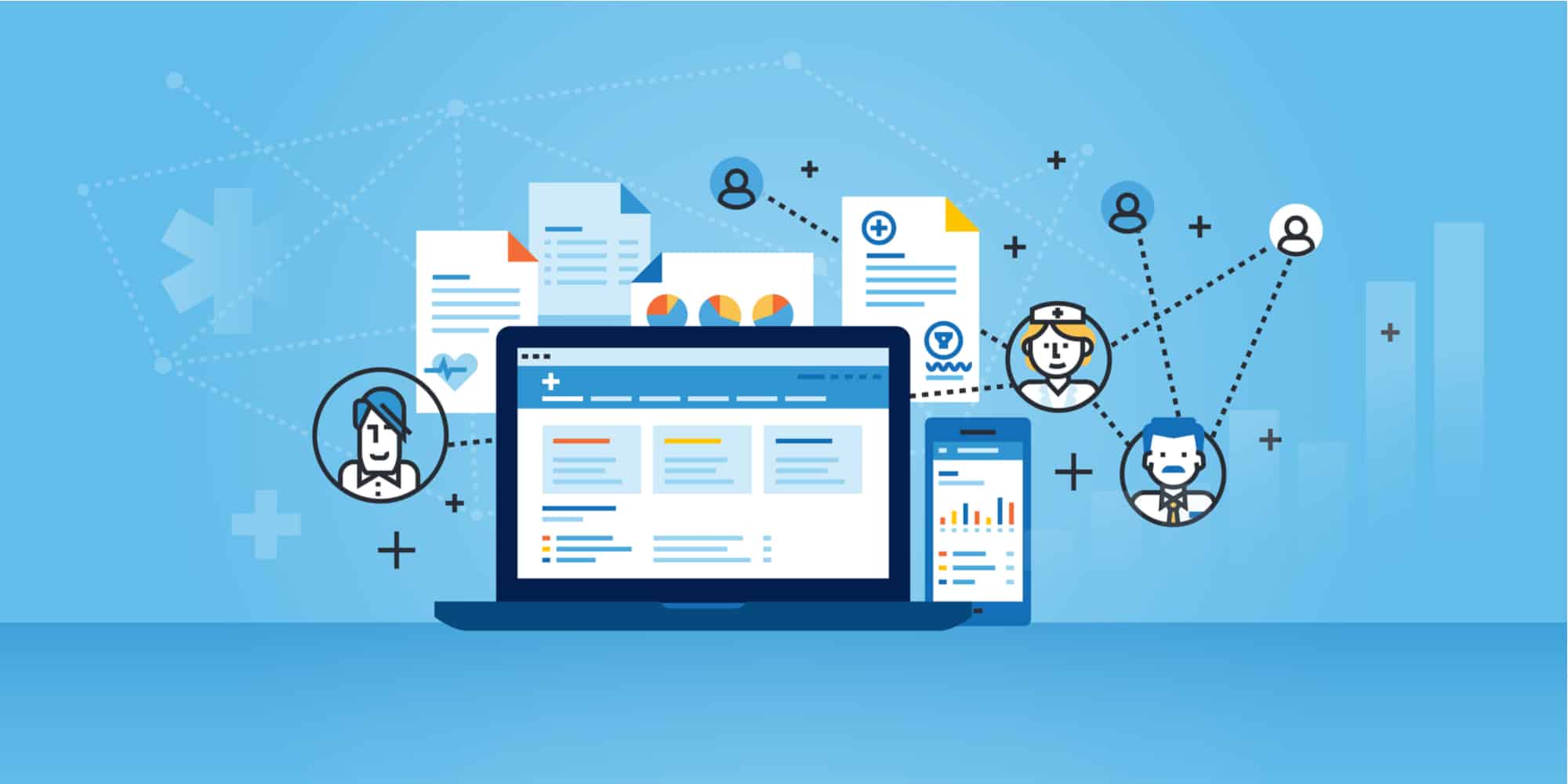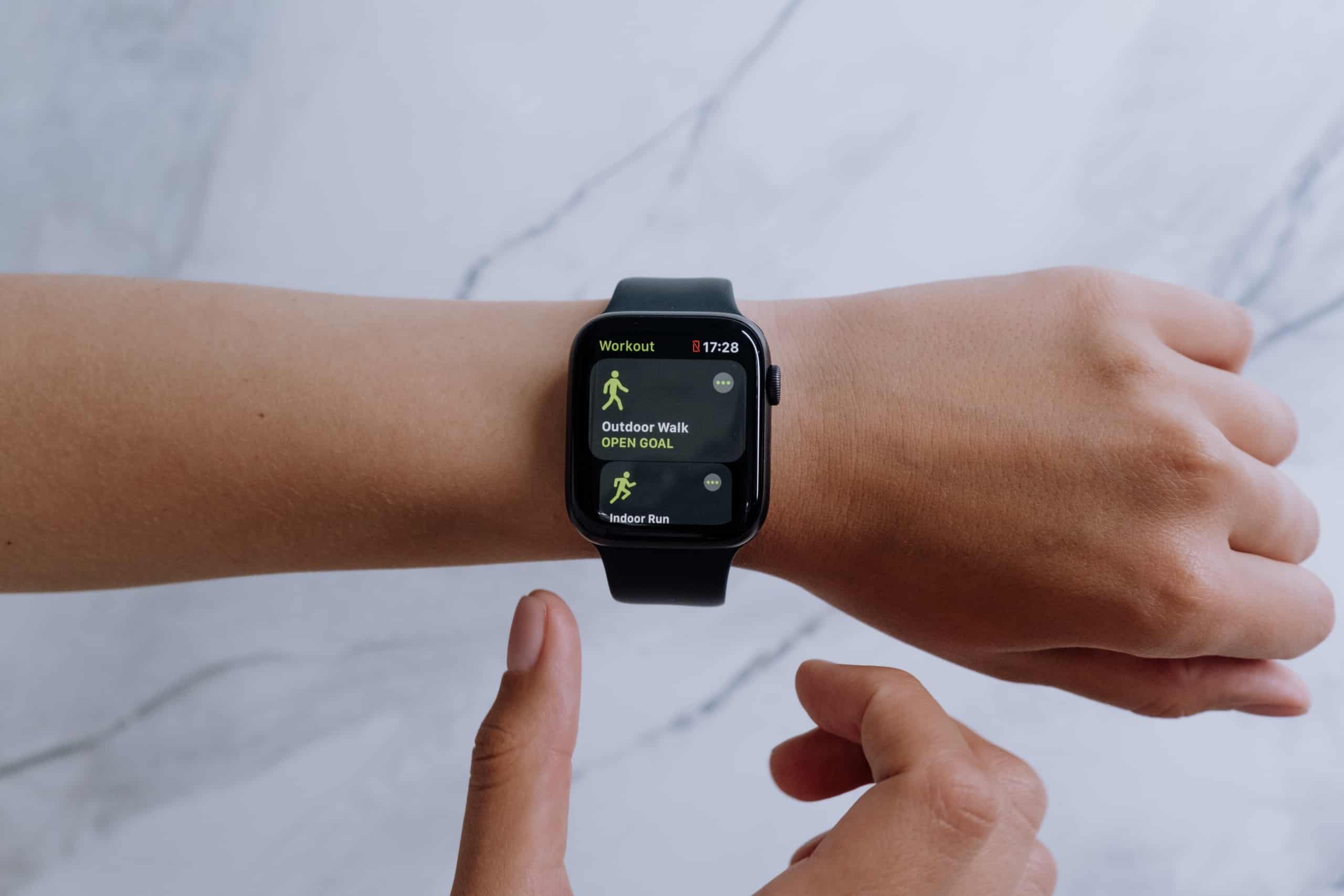MindSea Digital Health Blog
News and insights on mobile app development, design, and digital healthcare
-
Moving Digital Health, Episode 4: David Burns of Halterix
In the fourth episode of Moving Digital Health, the new podcast from MindSea, CEO Reuben Hall talks with Dr. David Burns of Halterix. David holds a PhD in biomedical engineering and is currently in training, at the University of Toronto, to become an orthopedic surgeon-scientist. As if that weren’t enough, he is also the chairman… Read more
-
Moving Digital Health, Episode 3: Mahshid Yassaei of Tali.ai
In the third episode of Moving Digital Health, the new podcast from MindSea, CEO Reuben Hall talks with Mahshid Yassaei of Tali.ai. Mahshid is a co-founder and the CEO of Tali, one of two digital healthcare companies she has founded in less than 10 years. She and her team at Tali have developed a cutting-edge… Read more
-
Deep dive on how to use blueprints for health tech product strategy
If you’ve spent any time in the digital health space, we’re sure you’ve heard the term “service blueprint” come up a few times—and that’s a good thing! Service blueprints can be an enormously helpful strategic tool for clarifying the process and timing of a project’s developmental stages across all stakeholders. Plus, by creating a diagram… Read more
-
Moving Digital Health, Episode 2: Chris Cullmann of RevHealth
In this second episode of Moving Digital Health, the new podcast from MindSea, CEO Reuben Hall talks with Chris Cullmann of RevHealth. Chris is the Executive Vice President and General Manager at RevHealth, where he leverages his more than 20 years of experience as a digital strategist to help clients reach and educate physicians and… Read more
-
The Moving Digital Health Podcast, Episode 1: Alexis Moses of FCB Health
In this debut episode of our new podcast, Moving Digital Health, MindSea CEO Reuben Hall spoke with Alexis Moses of FCB Health. As Senior Creative Engineer, Alexis applies his nearly 10-year history of working with emerging technologies to create deeply engaging user experiences for his clients’ patients. Alexis shared a few of the exciting projects… Read more
-
5 Canadian Digital Health Companies You Should Know About
Canada spends more of its GDP on healthcare than the average among its fellow Organization for Economic Cooperation and Development countries, but it also has something to show for it — a longer life expectancy. While government policy certainly plays a role in longevity, we can also look to Canadian digital healthcare leaders to develop… Read more
-
Examples of Human Centered Design Concepts at Work
In our previous post we discussed the importance of human-centered design. In this post we’d like to share some real-world examples of human centered design concepts in health-app development. The International Organization of Standards says human centered design concepts “improves human well-being, user satisfaction, accessibility, and sustainability.” To do this, creators should go through three… Read more
-
It’s obvious health tech needs to zero-in on Human Centered Design. Here’s how.
No one wants a doctor with a cold bedside manner. The same is true for digital healthcare. We want technology that’s approachable and concerned with our whole being, not just our heart, lungs, mental health, or aching feet. Healthcare providers know the importance of a human-centered approach to medicine, even if it doesn’t always show… Read more
-
It’s time to embrace it: Non-technical, non-medical founders can make beautiful healthcare solutions
About 15 years ago, the Harvard Business Review wrote an article titled “Why Innovation in Health Care Is So Hard.” A lot of its argument was based on the existence of poor technology, insufficient funding, consumer doubt, and general policy issues. Fortunately, most of these are no longer major barriers to creating meaningfully designed digital… Read more
-
Self-service healthcare is here to stay and it’s going to challenge product strategists
Regardless of the impact COVID-19 has had on how patients communicate with their healthcare providers, the rising trend of self-service healthcare is here to stay. You may have noticed many of your own doctors’ offices have continued to offer automated, patient-driven services like chatbot-mediated registration, online portal enhancements, or mHealth apps. This increased trend of self-participation, where patients control more aspects of… Read more
-
Should you outsource your digital health app development or build it in-house?
We’ve debated this question before in broader terms, but what considerations change if we focus on digital health and wellness? Whether you’re a start-up or an established health tech company that realizes the importance of utilizing an innovative app offering, you have an important decision to make – outsource app development or try to build it… Read more
-
A Health Tech CPO’s Secret Weapon? Their Dev Agency
In many ways, the opportunity to start a business is easier than ever before – especially in digital health, where new technology solutions are needed to meet growing demand, aging populations, and expanding healthcare systems. In addition to the impact resulting from the global pandemic, markets for digital healthcare and mHealth apps will continue to… Read more
-
Apple Health, Google Fit: Integration Platforms for Health, Wellness, and Fitness
Previous articles in this series looked at mobile app development in terms of the raw data available from the sensors that are built into smartphones, as well as the increasing role of connected wearables and other smart external devices. This post tackles the major topics of integrating Google Fit and Apple Health – the two… Read more
-
How Today’s Digital Health Solutions Are Solving The Biggest Problems in Healthcare
Innovation in digital technology is transforming our lives in many ways. Beyond virtual work and school, this innovation is also improving various industries like gaming, manufacturing, retail, finance, and healthcare. Businesses in these industries that adopt a digital model are seeing benefits across the board like improvement in operational efficiency by 40%, increased time to… Read more
-
Native or Hybrid Apps: Choosing The Best Technology For Your HealthTech App
As we’ve long predicted, trends indicate a shift to a digitally-focused future. For many businesses, this means finding digital solutions to scale. Since these trends are not slowing down, industries like healthcare are adapting by increasing their innovation within new digital healthcare markets. Given these trends, the time is now to develop a mobile app.… Read more
-
Clutch Recognizes MindSea As One Of Canada’s Top Developers
Mobile apps have morphed from a convenience to a necessity in the past 12 months. Thanks to the COVID-19 pandemic more people are using mobile apps than ever before. Source This rise of mobile app usage has paved the way for businesses, organizations, and enterprises to reach and market their products and/or services to much… Read more
-
4 Ways AI Is Revolutionizing Senior Care
Seniors (65+) currently make up about 17% of the population in the United States. Due largely to the baby boomer generation, this percentage is not slowing down either, with a projected 22% of the U.S. population becoming seniors by 2050. Source With this growth comes a heightened need, specifically for greater attention on matters important… Read more
-
How To Practice Participatory Design In Healthcare
On average, 11% of users uninstall apps because they are confusing and/or clunky. Creating an intuitive and effective user experience is sometimes more difficult than it seems. Every user is unique, meaning that expectations and needs may vary from person to person. It’s impossible for a single app owner to know all of the specifics… Read more
-
From the “Tap” to the Satellite: Connected Devices and Internet of Medical Things (IoMT)
The past several months have catalyzed the growth of mHealth. Standing out above the pack is mobile technology that relies on contact tracing and other connectivity features. In today’s world, being connected and keeping a distance both play important roles in healthcare. Thankfully, with the design and capabilities of smartphones growing more sophisticated by the… Read more
-
Physician Burnout: What It Is & How Mobile Apps Can Help
According to The Physicians Foundation, 22% of healthcare providers know a physician who has committed suicide. This brings to light a serious problem. The survey also showed that 58% of physicians reported feeling burnout at some point in 2020; a staggering increase from 40% in 2018. Burnout for physicians results in increased fatigue, depression, addiction,… Read more
Want to know how MindSea’s dedicated teams can help your business?
Subscribe to our blog
Stay up-to-date with all our weekly blog posts.

